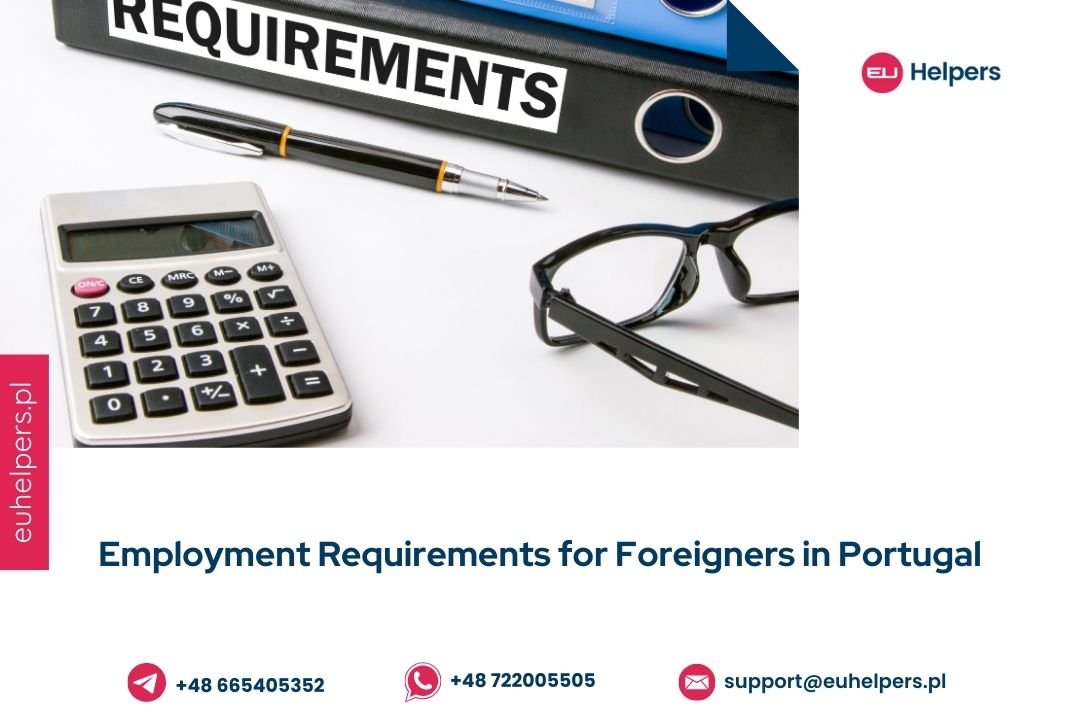Portugal's labor market has seen significant growth in recent years, with numerous new businesses and branches of international corporations establishing themselves in the country, particularly in major cities like Lisbon and Porto. If you are considering working in Portugal, it is essential to understand the legal requirements for employment, which largely depend on your citizenship.
EU/EEA or Swiss Citizens
Citizens of European Union (EU) countries, the European Economic Area (EEA), or Switzerland are entitled to live and work in Portugal without any restrictions. If you plan to stay in the country for more than three months, you must register your address with the local town hall and apply for a residence permit, known as the Certificado de Registo.
Non-EU Citizens (Third-Country Nationals)
For non-EU citizens, the process of securing employment in Portugal is more challenging. Third-country nationals must first secure a job offer and sign a contract before applying for a work visa.
Workers with high-demand skills or qualifications have a greater chance of finding employment in Portugal. Depending on your profession and circumstances, you may apply for one of the following types of visas:
- Work Visa for Skilled Workers
- Work Visa for Self-Employment
- Work Visa for Highly Skilled Workers
- Work Visa for Cultural Activities
- Work Visa for Studies
- Work Visa for Technical Specialists
- Passive Income Visa
For individuals working remotely, Portugal also offers a Digital Nomad Visa, which is valid for up to two years.
Important Updates for 2024
In 2024, the Portuguese government introduced a new rule that prohibits non-EU citizens from migrating to Portugal without an employment contract. Previously, it was possible for foreigners to enter the country on a tourist visa, search for employment, and then obtain a residence permit. Under the new regulation, migrants must secure a job, sign a contract, and then apply for the appropriate visa before entering Portugal.
These changes underline the importance of planning ahead and ensuring compliance with the new rules. For further details on the updated requirements for obtaining residence and work permits in Portugal, consult official government sources or seek advice from immigration experts.
By understanding these employment requirements, you can better prepare for your move and increase your chances of finding a job in Portugal.

